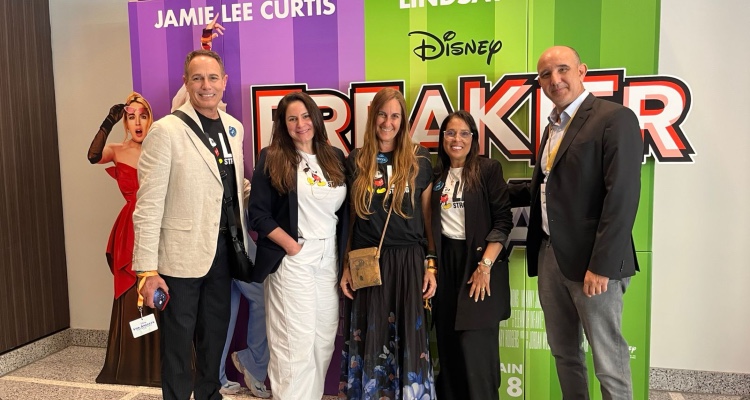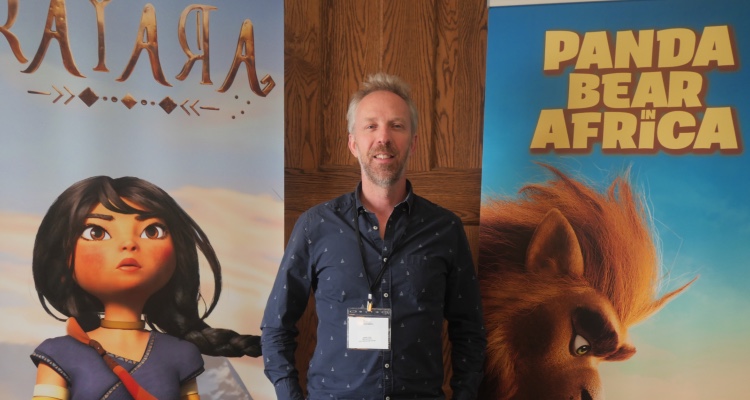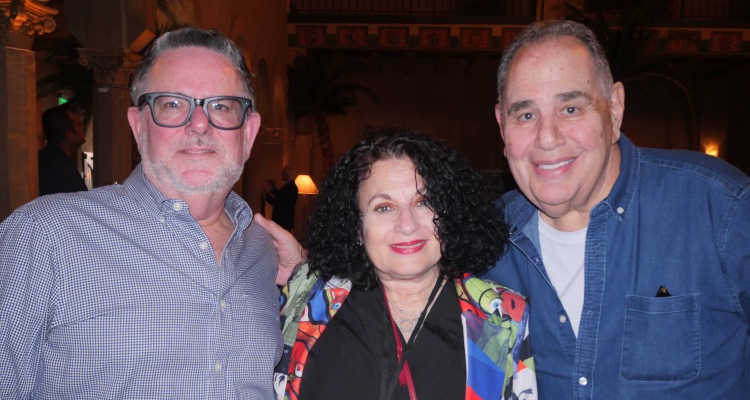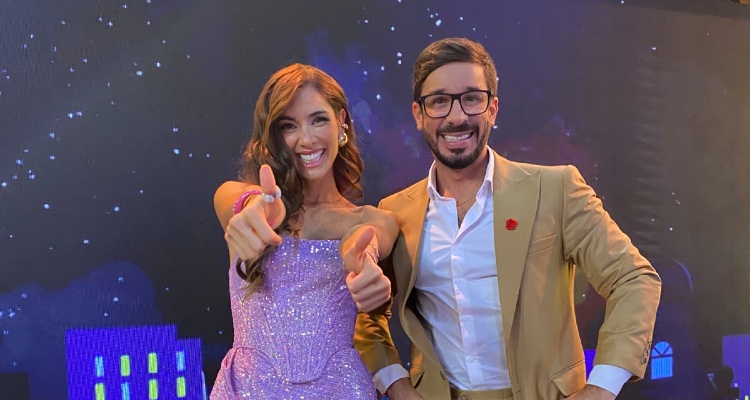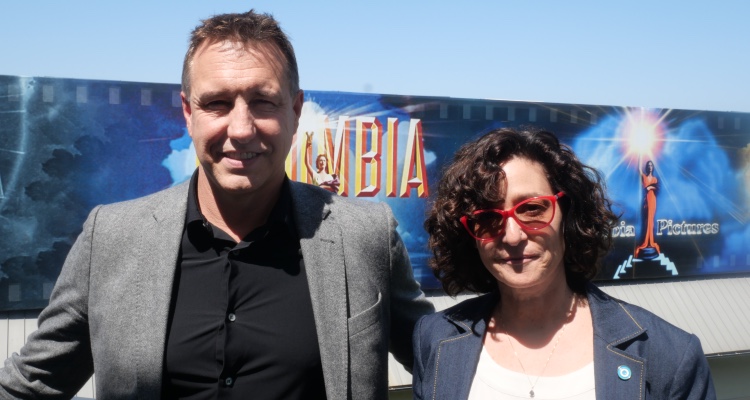The pandemic and the boost that pubcasters have had on children’s content has resumed family viewing. And although this consumption takes place more and more through devices and platforms, the importance for safe content and with themes that helps children at home has grown.
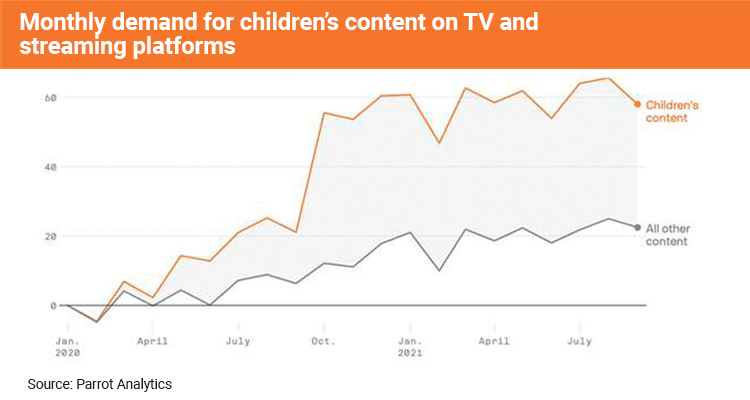
These times and the saturation of content and narratives have made children more aware of issues such as racism and homophobia. Based on this, a recent study from Paramount and Noggin found that content creators can help parents have meaningful conversations about it with their children by enhancing on-screen representation and actively countering racial stereotypes.
The company conducted more than 15,000 interviews between 2019 and 2020 with American families and children ages 3-12 about their perceptions, experiences, and conversations regarding race.
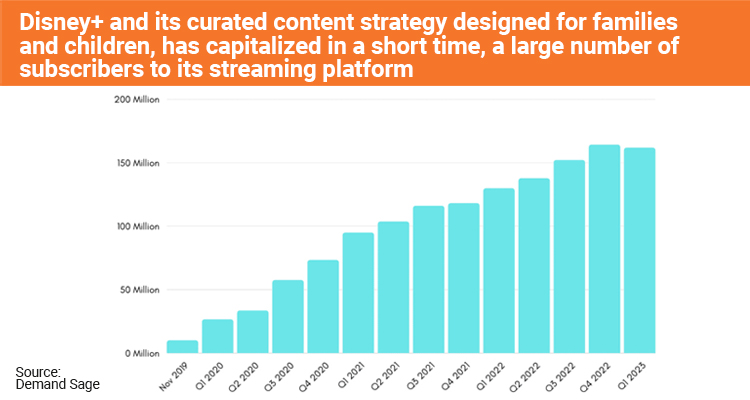
The result? The study revealed that children are eager to see racial differences represented on screen and how the content they consume influences their views on race. In the investigation, an Asian boy noted that most of the princesses he had seen were fair-skinned, while a black girl told her mother that she thought thieves were black because that was all she had seen on TV.
The report also found that African-American and white parents believe it is necessary to have conversations about racism with their children at the age of 10. Black parents say they need to prepare their children for the prejudices they faced as children, while Asian families talk with their children about how to deal with bullying that stems from people’s misperceptions of COVID-19. Meanwhile, Hispanic parents talk about being careful when speaking Spanish and playing music in Spanish outside the home.
The co-director of the study, Makeda Mays Green, believes that on these issues the media and content can help. ‘TV shows can support inclusion and belonging through diverse characters, authentic stories, and positive cross-cultural interactions’, she said. ‘I believe that it is possible to promote a more equal society, but we must all be willing to do the work on and off the screen’.
Some of the titles that are defining these themes in their content are quite well known, while others have recently debuted.
With almost 52 seasons under its belt, Sesame Street (Sesame Workshop) is a show that continues to innovate in the treatment of race and gender diversity, in addition to fostering good social habits.
Meanwhile, Ask The StoryBots on Netflix (JibJab Bros. Studios) is an animated series that focuses on harnessing curiosity about various topics. It focuses on reading, comprehension and listening to improve a child’s vocabulary and desire to learn. That’s what makes StoryBots one of the best educational programs for kids available.
While Xavier Riddle and The Secret Museum, produced by 9 Story Media Group and Brown Bag Films for PBS Kids, follows its endearing protagonist as she uncovers secrets from the past, showing different nationalities and how to be an agent of change.
Or also the strip and remake for Netflix, The Magic School Bus Rides Again, based on the 90s’ classic, returned with new cycles through Netflix, hand in hand with Scholastic Entertainment and 9 Story Media Group. Once again, the series presents the different wonders of the universe by a teacher with a magical bus that can take different forms to educate the little ones on all kinds of topics.

